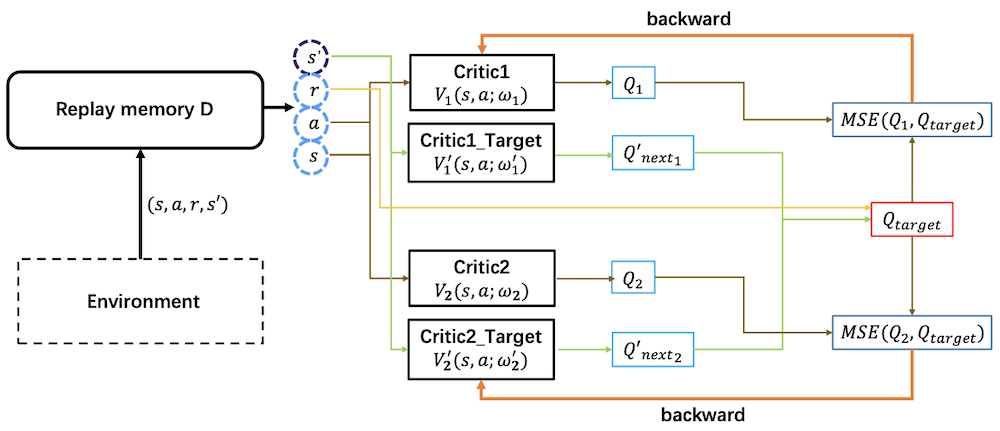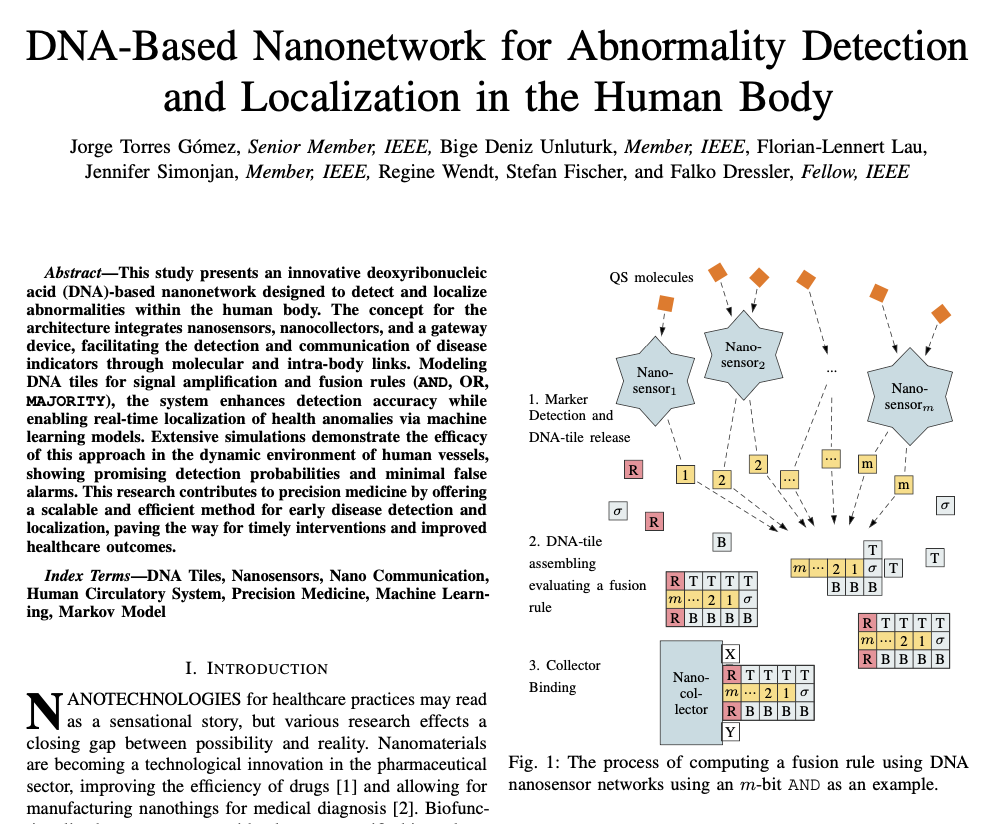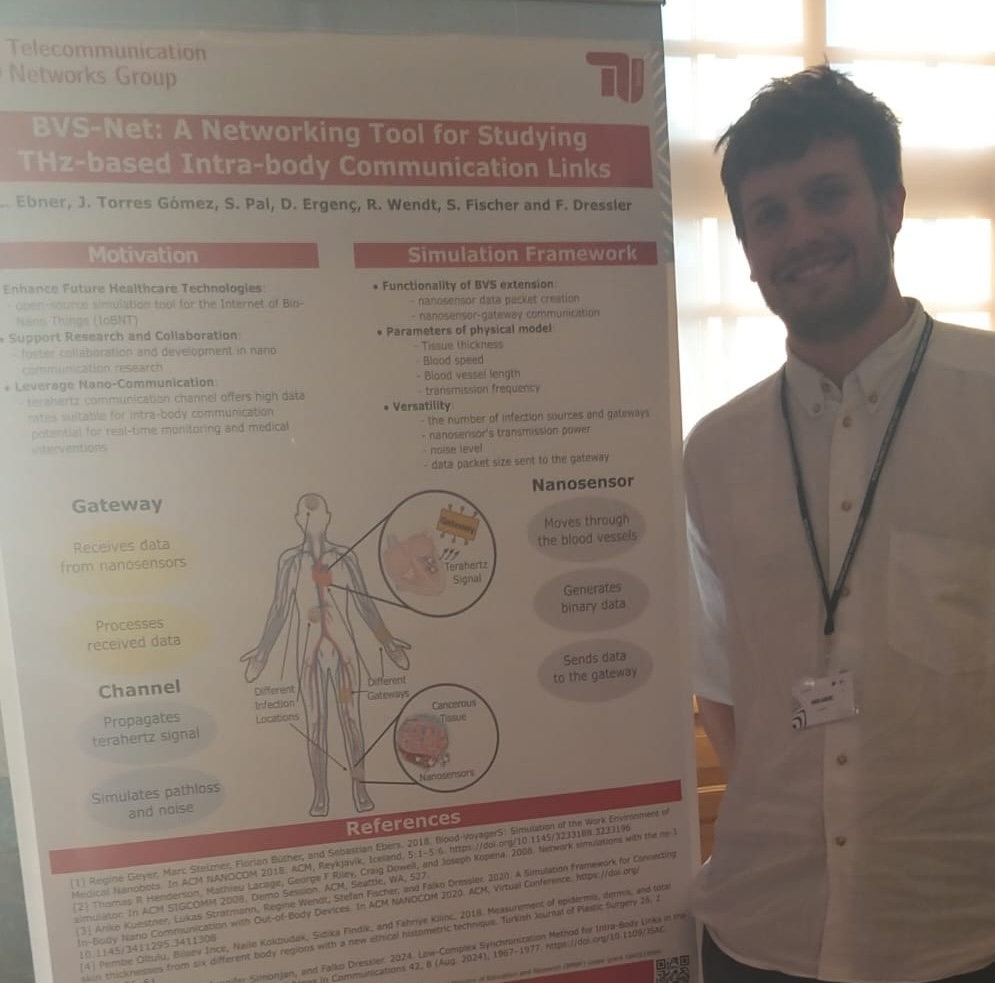Protocol Programming Lab [PPL]

0432 L 996, Summer 2021
Contents
Goal of this course is the development of protocol programming skills. A platform for programming embedded systems - a BeagleBone Black from Texas Instruments - will be provided to control a low power high performance wireless RF transceiver operating in the licence free 800 MHz band. In a first step a programming environment setup must be created that consists of installing a Linux operating system and needed tools (e.g. compiler, linker) and also configuring and testing the operating system to be able to control the RF transceiver via the "Serial Peripheral Interface (SPI)", a very often used interface in embedded system applications. After that, an API will be designed and implemented that enables access to the RF transceiver to control wireless channel parameters such as transmission power, frequency, modulation, bit-rate, etc. with the aim to transmit and receive protocol frames, which in turn enables the testing of the design of a network protocol.
Learning Outcome
The learning objective is to understand the concepts of protocol design and implementation. Students understand these concepts and are able to apply this knowledge.
General Information / Methods
This master course will be held in English and all the course material is available in English.
For more information, slides, and required submissions, please see our ISIS page.
Instructors
- Lab: Berthold Rathke
Schedule
-
Lab
Tuesday, 10-12h (c.t.), online
Exams
Oral examination (by appointment)
Successful completion of labs and homework required.






